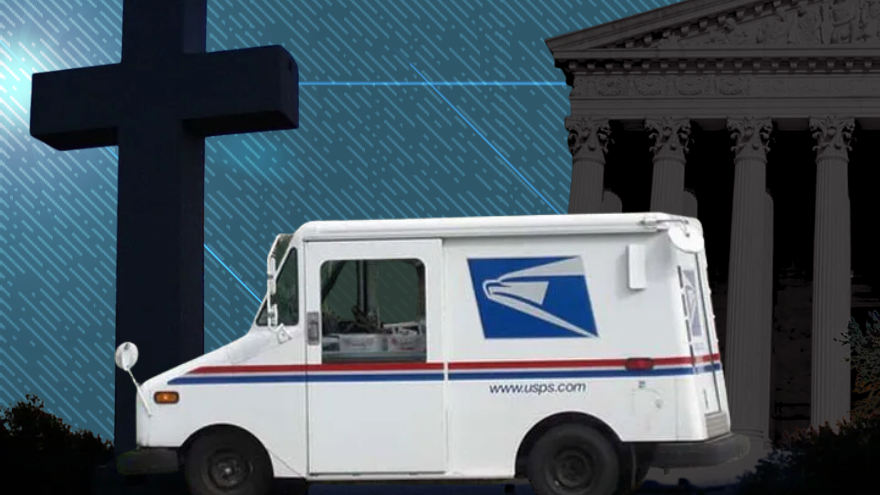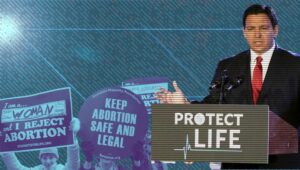The United States Supreme Court will consider the regulations regarding religious accommodation requests in the workplace as part of an appeal filed by a Christian mail carrier.
Groff, a former Lancaster County, Pennsylvania postal worker for USPS since 2012, is an Evangelical Christian who observes the Sunday Sabbath.
In 2015, Groff and other workers were bound by a collective-bargaining agreement to work on Sundays after USPS entered into a contract with Amazon.
Groff requested special accommodations because of his religion. While the USPS initially honored the requests, it reversed its position and began scheduling Groff to work on Sundays. He was required by his supervisor to find a replacement worker to cover his Sunday shifts. Groff repeatedly failed to do so and missed more than 24 shifts.
When Groff realized he was about to be fired in 2019, he resigned and sued the federal government. Groff claimed he has been a victim of discrimination and that the postal service failed to accommodate him appropriately.
U.S. District Judge Jeffrey L. Schmehl ruled that USPS could require employees to work on Sundays because it was an important day for business and that Groff had not proven he had been treated differently than any other employee.
Schmehl’s ruling was affirmed by another appointee of President Barack Obama, U.S. Circuit Judge Patty Schwartz, who wrote in her 2022 ruling that accommodating Groff’s request would create undue hardship for USPS.
“Exempting Groff from working on Sundays caused more than a de minimis cost on USPS because it actually imposed on his coworkers, disrupted the workplace and workflow, and diminished employee morale,” she wrote. She was joined by Circuit Judge Julio Fuentes.
“From the boardroom to the breakroom, there’s growing intolerance and hostility toward religion. People of faith are often put in the untenable position of choosing between their work or their beliefs,” said First Liberty Institute, which represents Groff.
“The law states that employers are obligated to provide reasonable accommodations for religious exercise, if it can be accomplished without causing undue hardship on the business, such as simply rearranging a shift schedule to avoid scheduling a Sabbath observer,” the organization states. “When companies and government employers cave to cancel culture and anti-religious bias, religious Americans are often reduced to second-class citizens, as just about any other right trumps religious liberty.”
The Supreme Court currently has a 6-3 conservative majority, prompting speculation that the court will rule in Groff’s favor. Reuters has also speculated that “a ruling favoring Groff could make it harder for businesses to deny a variety of religious accommodations to employees.”
“The whole point of religious accommodation is you have to make special or favored arrangements in order to have an inclusive workforce,” said Alan Reinach, an attorney for Groff, per the outlet.
“A day off is not the special privilege of the religious,” the American Postal Workers Union said in a brief submitted to the court. “Days off, especially on the weekend, are when parents can spend the day with children who are otherwise in school, when people can spend time on the other necessities of life, when the community enjoys a common day of rest for churchgoers and the nonreligious alike.”

